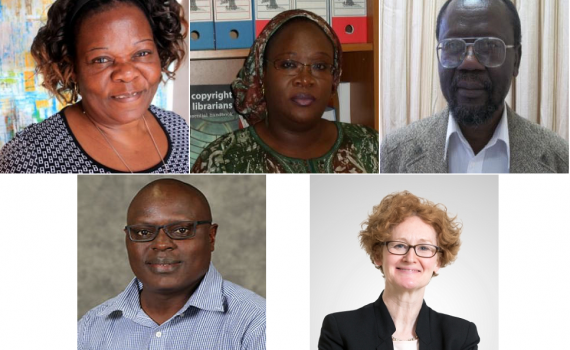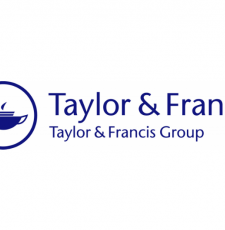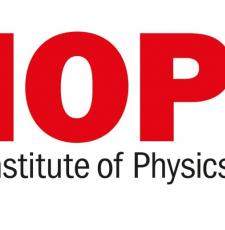
On 12-13 June 2019, heads of copyright offices from more than 40 African states will meet in Nairobi, Kenya, to discuss copyright limitations and exceptions for libraries, archives, and education in the African region.
The regional seminar is jointly organized by the World Intellectual Property Organization (WIPO) and the the Kenya Copyright Board (KECOBO). The objective of the seminar is to analyze the situation of libraries, archives and educational institutions, and copyright limitations and exceptions in WIPO member states in Africa, and to define areas for action.
The seminar presents a unique opportunity to build momentum towards a modern and balanced international copyright framework for libraries. It is one of three regional events, taking place in the African, Asia-Pacific and Latin American and Caribbean regions, that are a key part of the WIPO action plan on copyright limitations and exceptions.
Libraries rely on exceptions to allow everyday uses of copyright-protected materials, for example, to provide a researcher with a copy of a journal article, to make an accessible format copy for a blind student, or to make a preservation copy. However, too many countries have no provisions allowing libraries to carry out even basic activities, and where they do exist, they are often not adapted for the digital age and they do not permit cross-border cooperation.
The seminar in Nairobi offers an opportunity to remedy this situation by enabling informed discussions between copyright officials and librarians, who are seeking international action at WIPO so that libraries everywhere benefit from robust exceptions to properly carry out their missions, and that no country or region is left behind in the global digital age.
EIFL Copyright and Libraries Programme Manager, Teresa Hackett, EIFL copyright librarians, Japhet Otike (Kenya), Awa Diouf Cisse (Senegal) and Katherine Matsika (Zimbabwe), and Dick Kawooya, from Uganda, who is currently Associate Professor, College of Information and Communications, University of South Carolina, will be on hand in Nairobi, with our library partners at IFLA (the International Federation of Library Associations and Institutions) and AfLIA (the African Library and Information Associations and Institutions), to share examples and experiences of providing community information services and access to learning materials in Africa, and to suggest solutions to the copyright obstacles they face.
Background
The seminar in Nairobi is the second in the series of three WIPO regional events. The first seminar, for the Asia-Pacific region, took place in April 2019 and saw a broad consensus among government delegates on the need for international action to support the work of libraries. Discussions at the third seminar for Latin America and the Caribbean will take place in July 2019 in the context of the newly adopted Buenos Aires Declaration, in which Ministers of Culture from 12 countries in the region call for a legal instrument on exceptions and limitations as the only complete means of allowing libraries, archives and museums to work across borders. We hope that the seminar in Nairobi can offer a similar positive recommendation for the benefit of libraries and the people who use them, not only in Africa, but around the globe.
Results of all three regional events will be presented and discussed at an international WIPO conference on exceptions and limitations in October 2019.
Find out more
- Follow the Africa regional seminar, and the issues, on Twitter #Copyright4Libraries.
- Meet the library team from AfLIA, EIFL and IFLA who are participating in the WIPO regional seminar for Africa.
- Overview (infographic) - Copyright exceptions and limitations affecting libraries in 53 countries in Africa.
SHARE / PRINT









